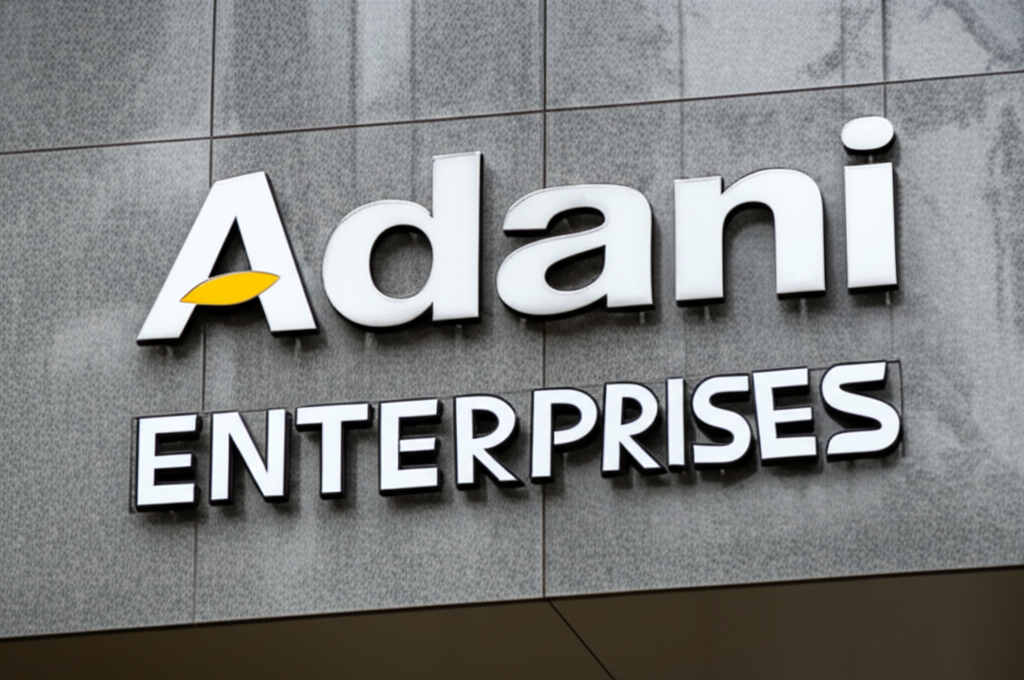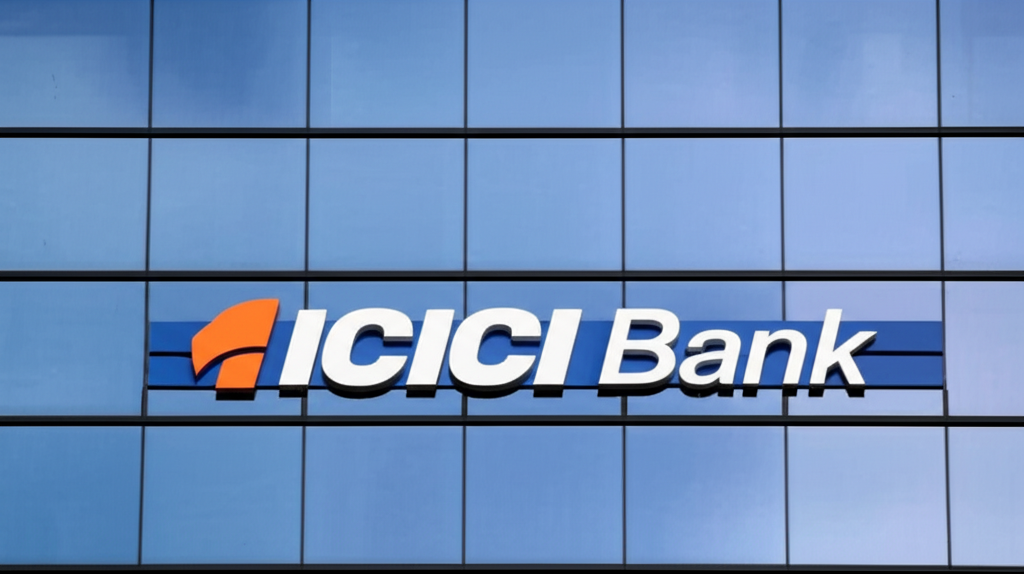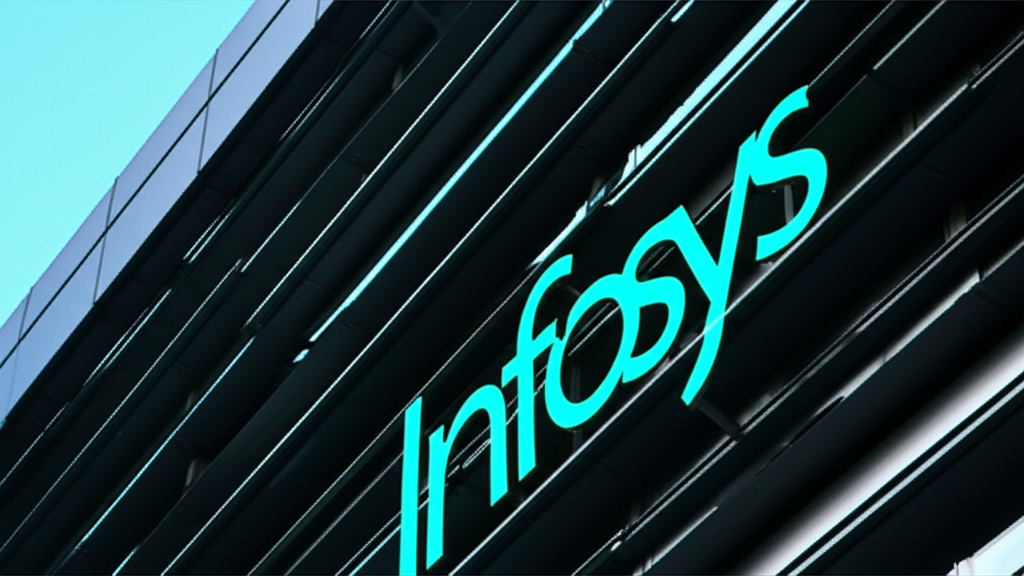Adani Group won the Rs 36,000 crore Motilal Nagar redevelopment project in Mumbai.
Introduction
The Adani Group’s recent win of the Rs 36,000 crore (approximately US$4.3 billion) Motilal Nagar redevelopment project in Mumbai marks a significant expansion of its Infrastructure footprint and underscores its growing ambition in the Real Estate sector. This massive undertaking involves the redevelopment of a sprawling area in Mumbai, encompassing residential, commercial, and social infrastructure development. The project’s scale and strategic location position it as a cornerstone of Adani’s broader diversification strategy, moving beyond its core strengths in energy and logistics. The win, however, has also sparked discussions regarding the bidding process, the group’s financial capacity to undertake such a large-scale project, and the potential impact on the Mumbai real estate market. This article delves into the various aspects of this landmark development, examining its implications for Adani Group, the Mumbai cityscape, and the broader Indian economy.
Recent Financial Performance
Assessing Adani Group’s capacity to handle a project of this magnitude requires a careful examination of its recent financial performance. While the conglomerate has witnessed remarkable growth in recent years, particularly in its energy and port businesses, it has also faced intense scrutiny following a report by Hindenburg Research in January 2023 that raised concerns about its debt levels and accounting practices. The subsequent stock market volatility significantly impacted the group’s valuation. While the company has refuted the allegations and undertaken steps to address investor concerns, a detailed analysis of its balance sheet, debt-to-equity ratio, and cash flow statements is crucial to understanding its ability to finance the Motilal Nagar project effectively. Accessing publicly available financial statements from adani enterprises Limited and other relevant Adani Group companies is essential for a thorough evaluation. [Cite relevant financial reports and news articles from reputable sources such as the Bombay Stock Exchange (BSE), the National Stock Exchange of India (NSE), and financial news outlets like the Economic Times and Bloomberg.]
Furthermore, a crucial aspect is the detailed breakdown of the project’s funding – will it rely heavily on debt financing, equity infusion, or a mix of both? The terms of any potential financing agreements, and the impact on Adani’s existing debt burden, need to be factored into the overall financial assessment. The transparency and availability of such information will heavily influence investor and public confidence.
Market Trends and Industry Analysis
The Mumbai real estate market is characterized by high demand and limited supply, particularly for premium residential and commercial spaces. The Motilal Nagar redevelopment project taps into this trend, offering an opportunity to capitalize on the growing appetite for upscale properties in a prime location. Analysis of current real estate prices in Mumbai, projected growth rates, and the overall demand-supply dynamics is essential to assess the project’s potential profitability. [Cite relevant reports from real estate market research firms operating in India.] A comparison with other similar large-scale redevelopment projects in Mumbai, both successful and unsuccessful, can provide further insights into the challenges and opportunities.
Furthermore, understanding the prevailing regulatory environment for real estate development in Mumbai, including zoning regulations, building codes, and environmental clearances, is crucial. Delays in obtaining necessary approvals can significantly impact the project timeline and overall cost. An analysis of the competitive landscape – other developers vying for similar projects in Mumbai – will help contextualize Adani’s success and gauge its competitive advantage.
Sentiment Analysis of News Headlines
A sentiment analysis of news headlines and articles following the announcement of Adani’s win reveals a mixed reaction. While some headlines highlight the project’s potential economic benefits and its contribution to Mumbai’s infrastructure, others express concerns about the group’s financial stability and the potential for delays. Monitoring the sentiment expressed by financial analysts, industry experts, and the general public through social media and news outlets provides a valuable gauge of market confidence. [Cite examples of news headlines and social media sentiment analysis tools.] A quantitative analysis, including positive, negative, and neutral sentiment scores, would provide a clear picture of public perception.
It’s important to differentiate between purely speculative commentary and well-researched analyses. Focusing on the views of credible financial institutions and independent experts will enhance the accuracy of the overall sentiment assessment.
Regulatory and Macro-Economic Factors
The success of the Motilal Nagar project is contingent upon several regulatory and macroeconomic factors. Changes in government policies related to real estate development, infrastructure spending, and environmental regulations could impact the project’s feasibility. Economic growth in India, inflation rates, and interest rate policies will also play a significant role in shaping the project’s financial viability. [Cite reports from the Reserve Bank of India (RBI), the Ministry of Housing and Urban Affairs, and other relevant government bodies.]
The availability of skilled labor and construction materials, along with potential challenges related to land acquisition and resettlement of existing residents, should also be considered. Any unforeseen regulatory hurdles or macroeconomic instability could significantly delay the project or inflate its costs.
Risk Factors
Several significant risk factors need to be considered. The primary risk is related to Adani Group’s financial health and its capacity to manage a project of this scale. Execution risks, including delays in obtaining necessary approvals, unforeseen challenges in construction, and escalating material costs, are also significant concerns. [Cite relevant reports from risk management firms or consultancies if available.]
Environmental and social risks, such as potential displacement of communities and the environmental impact of construction, require careful assessment and mitigation strategies. The potential for legal challenges or disputes related to land ownership or contracts also constitutes a significant risk.
Future Outlook
The long-term outlook for the Motilal Nagar project hinges on several factors, including successful execution, favorable market conditions, and the sustained financial health of Adani Group. The project’s potential to generate significant returns for Adani and contribute to Mumbai’s economic growth is undeniable, but its realization depends on effective project management and risk mitigation strategies. [Include projections based on market trends and the group’s track record, while acknowledging the inherent uncertainties.]
The success of this project will be a key indicator of Adani Group’s ability to successfully navigate the complexities of large-scale infrastructure development and will heavily influence investor confidence in the group’s future expansion in the real estate sector.
Recommendations
Investors should carefully weigh the potential rewards of the Motilal Nagar project against the associated risks. A thorough due diligence process, involving independent assessment of Adani Group’s financial health and the project’s feasibility, is crucial. Investors should closely monitor the progress of the project, paying attention to any significant developments, regulatory changes, or macroeconomic shifts that could impact its success. Diversification of investments is also recommended to mitigate potential risks associated with exposure to a single company or sector.
Given the controversies surrounding the Adani Group, investors should exercise caution and carefully assess their risk tolerance before making any Investment decisions. A conservative approach, involving thorough research and independent verification of information, is highly advisable.
Disclaimer: This article is for informational purposes only and does not constitute financial advice. Investors should conduct their own thorough research and seek professional financial advice before making any investment decisions.















0 Comments